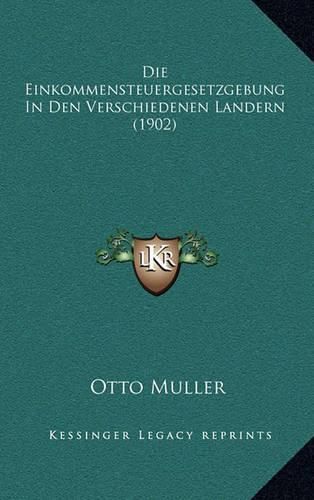Readings Newsletter
Become a Readings Member to make your shopping experience even easier.
Sign in or sign up for free!
You’re not far away from qualifying for FREE standard shipping within Australia
You’ve qualified for FREE standard shipping within Australia
The cart is loading…






Scholarly Paper (Advanced Seminar) aus dem Jahr 2003 im Fachbereich Anglistik - Linguistik, einseitig bedruckt, Note: very good, Carl von Ossietzky Universitat Oldenburg (Seminar for Anglistics), Veranstaltung: Hauptseminar Metaphor and Metonymy, 13 Eintragungen im Literaturverzeichnis, Sprache: Englisch, Abstract: Most of our fundamental concepts are organized in terms of one or more spatialization metaphors : this very elementary conclusion is drawn by George Lakoff and Mark Johnson (1980: 17) after having analysed what they call orientational metaphors. In opposition to the classical point of view, Lakoff, Johnson, and other cognitive linguists believe this group of metaphors, among others, to be deeply embedded in the human conceptualisation system and to provide a means of reasoning about and structuring of entire, mostly abstract, domains in terms of other, more concrete, domains. Based on a limited amount of underlying image schemata, which are projected onto these domains, metaphors are employed in order to be able to understand large parts of the world surrounding us.Cognitive linguistics asks for the motivation and functional explanation of linguistic expressions. Beyond merely linguistic aspects, the cognitive approach is aiming high, since its targets are, among others, a new theory of categorisation (Lakoff 1987), Imagination (Johnson 1987: 139ff.), and, what would be a fundamental change in Western philosophy, meaning by the approach entitled as cognitive semantics In most of these and other disciplines of cognitive sciences, metaphor is one of the chief means by which these targets are tried to be accomplished. In linguistics, metaphor is an explanation for many expressions which were, on the traditional Objectivist account, viewed as being arbitrary. The general principle by which cognitive linguists explain thess expressions is as follows: Fundamental spatial and physical experiences yield certain image schemata. These schemata are mapped by me
$9.00 standard shipping within Australia
FREE standard shipping within Australia for orders over $100.00
Express & International shipping calculated at checkout
Scholarly Paper (Advanced Seminar) aus dem Jahr 2003 im Fachbereich Anglistik - Linguistik, einseitig bedruckt, Note: very good, Carl von Ossietzky Universitat Oldenburg (Seminar for Anglistics), Veranstaltung: Hauptseminar Metaphor and Metonymy, 13 Eintragungen im Literaturverzeichnis, Sprache: Englisch, Abstract: Most of our fundamental concepts are organized in terms of one or more spatialization metaphors : this very elementary conclusion is drawn by George Lakoff and Mark Johnson (1980: 17) after having analysed what they call orientational metaphors. In opposition to the classical point of view, Lakoff, Johnson, and other cognitive linguists believe this group of metaphors, among others, to be deeply embedded in the human conceptualisation system and to provide a means of reasoning about and structuring of entire, mostly abstract, domains in terms of other, more concrete, domains. Based on a limited amount of underlying image schemata, which are projected onto these domains, metaphors are employed in order to be able to understand large parts of the world surrounding us.Cognitive linguistics asks for the motivation and functional explanation of linguistic expressions. Beyond merely linguistic aspects, the cognitive approach is aiming high, since its targets are, among others, a new theory of categorisation (Lakoff 1987), Imagination (Johnson 1987: 139ff.), and, what would be a fundamental change in Western philosophy, meaning by the approach entitled as cognitive semantics In most of these and other disciplines of cognitive sciences, metaphor is one of the chief means by which these targets are tried to be accomplished. In linguistics, metaphor is an explanation for many expressions which were, on the traditional Objectivist account, viewed as being arbitrary. The general principle by which cognitive linguists explain thess expressions is as follows: Fundamental spatial and physical experiences yield certain image schemata. These schemata are mapped by me